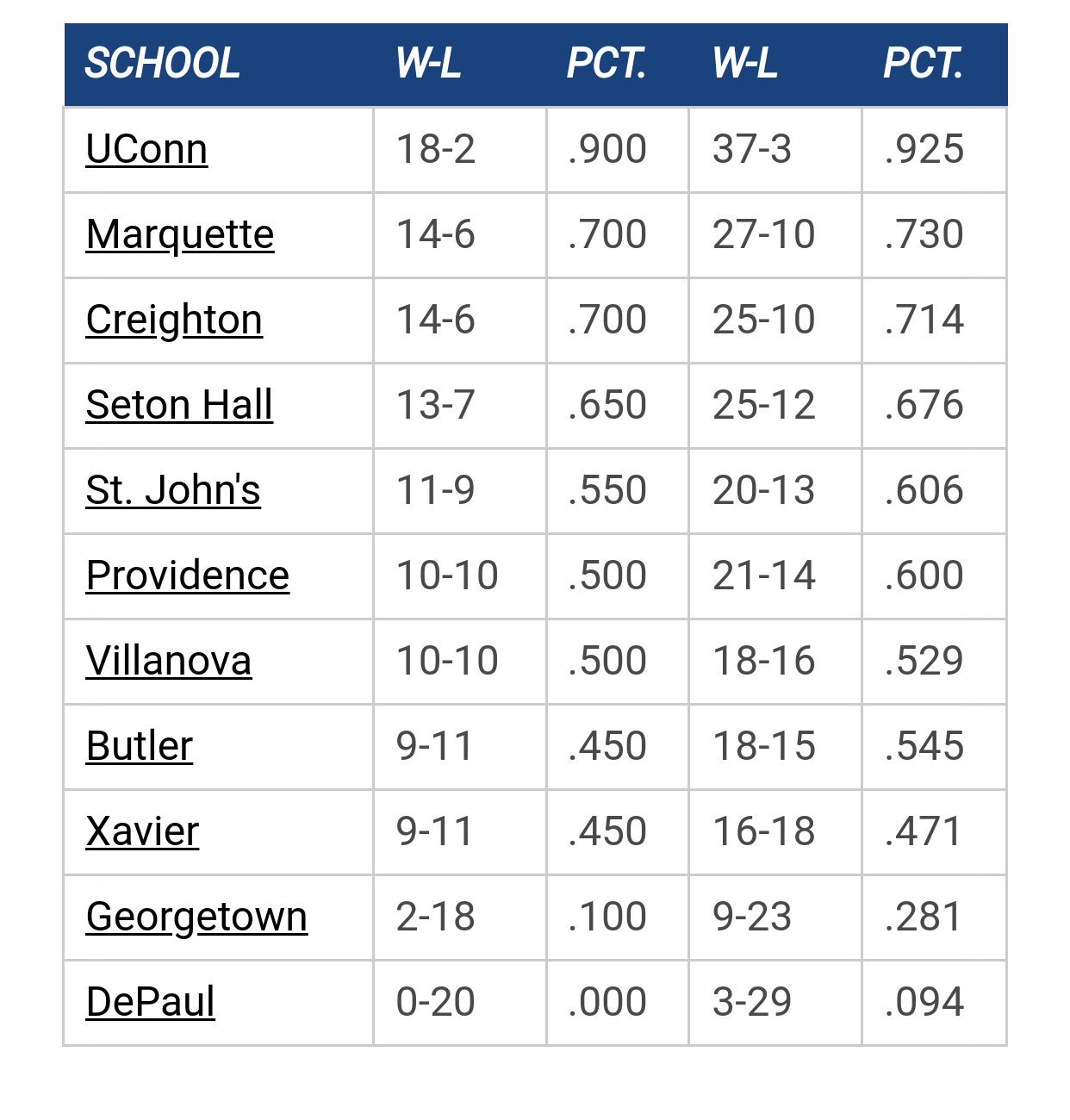- Welcome to MUScoop.
2025-26 College Hoops Thread by MU82
[Today at 12:30:05 AM]
James/Stevens by BM1090
[February 25, 2026, 11:42:44 PM]
Offensive Four Factors Outlook 2025-26 by Newsdreams
[February 25, 2026, 10:30:16 PM]
Important Win by Newsdreams
[February 25, 2026, 10:28:24 PM]
The CB Crown Tournament - 2026 by Newsdreams
[February 25, 2026, 09:43:58 PM]
2025-26 Big East Thread by Jay Bee
[February 25, 2026, 08:25:27 PM]
Hoyas SOTG by Xact
[February 25, 2026, 07:47:41 PM]
[Today at 12:30:05 AM]
James/Stevens by BM1090
[February 25, 2026, 11:42:44 PM]
Offensive Four Factors Outlook 2025-26 by Newsdreams
[February 25, 2026, 10:30:16 PM]
Important Win by Newsdreams
[February 25, 2026, 10:28:24 PM]
The CB Crown Tournament - 2026 by Newsdreams
[February 25, 2026, 09:43:58 PM]
2025-26 Big East Thread by Jay Bee
[February 25, 2026, 08:25:27 PM]
Hoyas SOTG by Xact
[February 25, 2026, 07:47:41 PM]
The absolute only thing required for this FREE registration is a valid e-mail address. We keep all your information confidential and will NEVER give or sell it to anyone else.
Login to get rid of this box (and ads) , or signup NOW!
DePaul Date/Time: Mar 1, 2026, 3:00pm TV: FS1 Schedule for 2025-26 |
||||||
User actions


